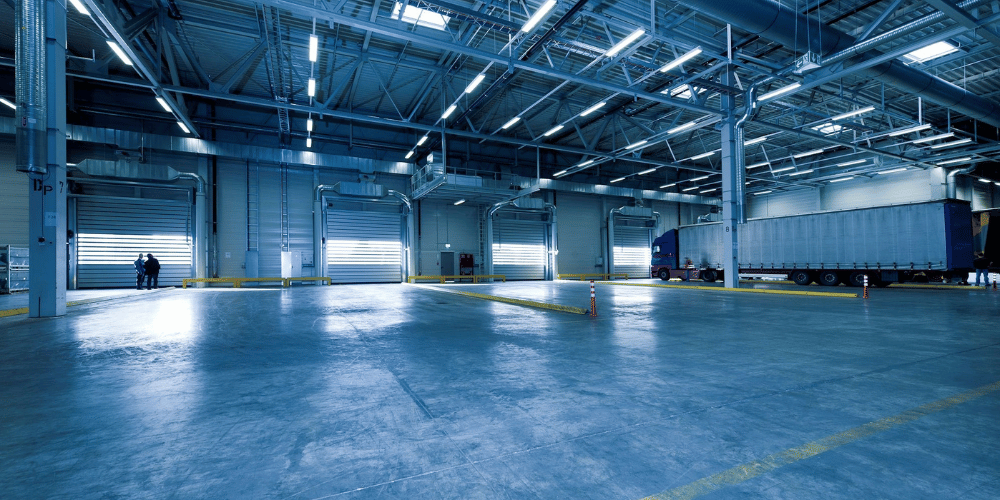Reasons Why Industrial Real Estate Is STILL Hot

In the real estate market, one of the most important criteria for investment decisions is the analysis of factors that raise the value of the investment object.
Industrial real estate investments historically give you the highest yields compared to other (real estate) sectors. As confidence in real estate starts to rebuild, the industry will face a number of fundamental shifts that will reshape its future.
IPG Brokerage has studied and lived through changes in the real estate landscape and identified the key trends which, we believe, will have profound implications for industrial real estate investment and development.
Industrial Real Estate Remains Robust in 2024
Interest in industrial real estate has surged, cementing its status as a key sector in the U.S. market. Over the past two decades, industrial properties have provided stable income and reliable returns, making it a dynamic and evolving market. Factors such as political and business environments, investment specifics, and determinants of profitability have all shifted, impacting real estate investing.
Previously overshadowed by residential and e-commerce sectors, industrial real estate has emerged as a crucial asset class. Investors now recognize its vital role in income generation and maintaining global supply chains. The demand for industrial spaces has continued to grow, driven by the rise of e-commerce and the need for efficient logistics networks.
[newsletter]
E-commerce Growth Fuels Demand for Industrial Real Estate
Increase in online shopping has significantly driven the demand for distribution centers and warehouses. As consumers increasingly prefer the convenience of online purchasing, retailers and e-commerce companies need more storage and fulfillment spaces to manage inventory, process orders, and ensure timely deliveries. This shift requires extensive logistics networks and strategically located facilities to meet customer expectations for fast shipping.
Consequently, the need for industrial real estate, including large-scale warehouses and distribution hubs, has escalated, making it a critical component in the e-commerce supply chain.
Technological Advancements
Innovations in automation and logistics technologies have significantly increased the efficiency and appeal of industrial spaces. Advanced robotics, AI-driven inventory management systems, and smart warehousing solutions enable businesses to streamline operations, reduce labor costs, and enhance accuracy. These technologies allow for faster processing times and improved overall productivity.
Additionally, the integration of IoT devices and data analytics provides real-time insights into warehouse operations, further optimizing performance. As these technologies continue to evolve, they will drive even greater demand for modern, tech-enabled industrial real estate.

Industrial Properties Enhance the Utilization of Property
Many real estate specialists are up for recycling industrial properties as a way to prevent them from becoming abandoned. Also, many studies have elaborated on how to handle vacant warehouse properties and suggested converting them into residential.
While thinking of all the scenarios on how to make older properties good investments, make a note that industrial properties are one of the stronger performers in the real estate industry and that innovative management could rejuvenate older industrial properties, making them outstanding investments.
Adaptive Capacity and Design
Various studies highlight the importance of capacity and design in understanding the productive potential of industrial facilities. While design capacity is crucial for industrial engineers, other factors like technological flexibility and capacity expansion also play significant roles in industrial property design. Maximizing the potential uses of industrial sites and structures leads to higher returns for investors.
Fast-growing cities present a range of risk and return opportunities, driven by significant social migration and construction surges, particularly in emerging economies. Industrial sites and their land will continue to hold value.
The commercial real estate industry is constantly evolving, with technology integration enhancing all property types. However, investors face challenges such as generational changes, evolving occupier demands, and increased specialization.
It’s essential to examine current and future trends to capitalize on new opportunities, and IPG helps investors and tenants take action steps to benefit from these trends.




